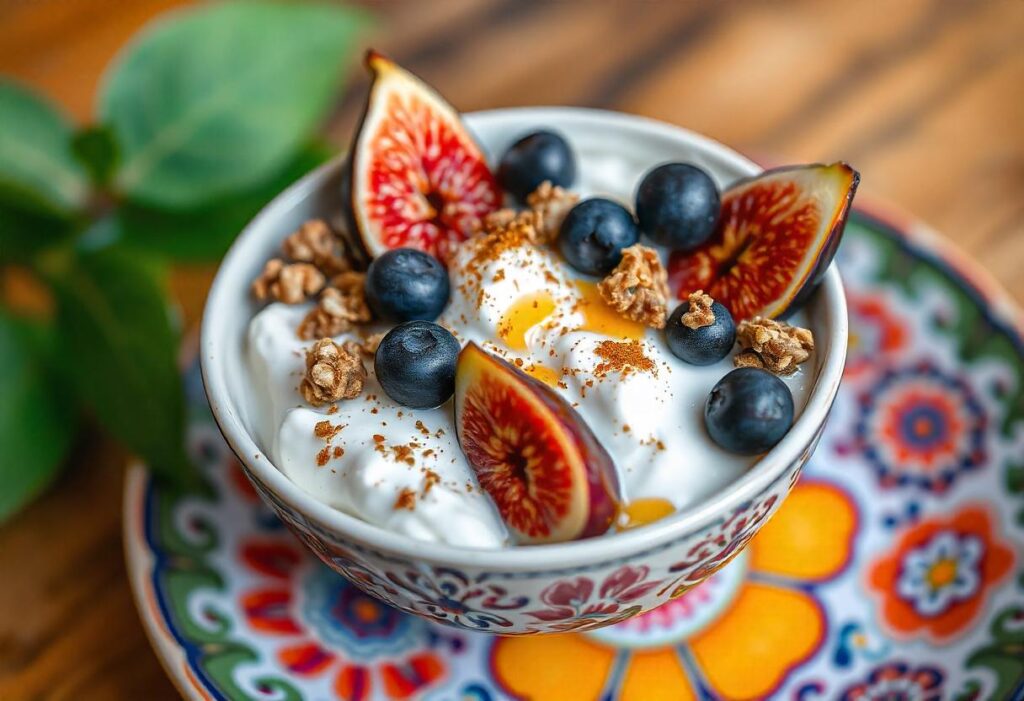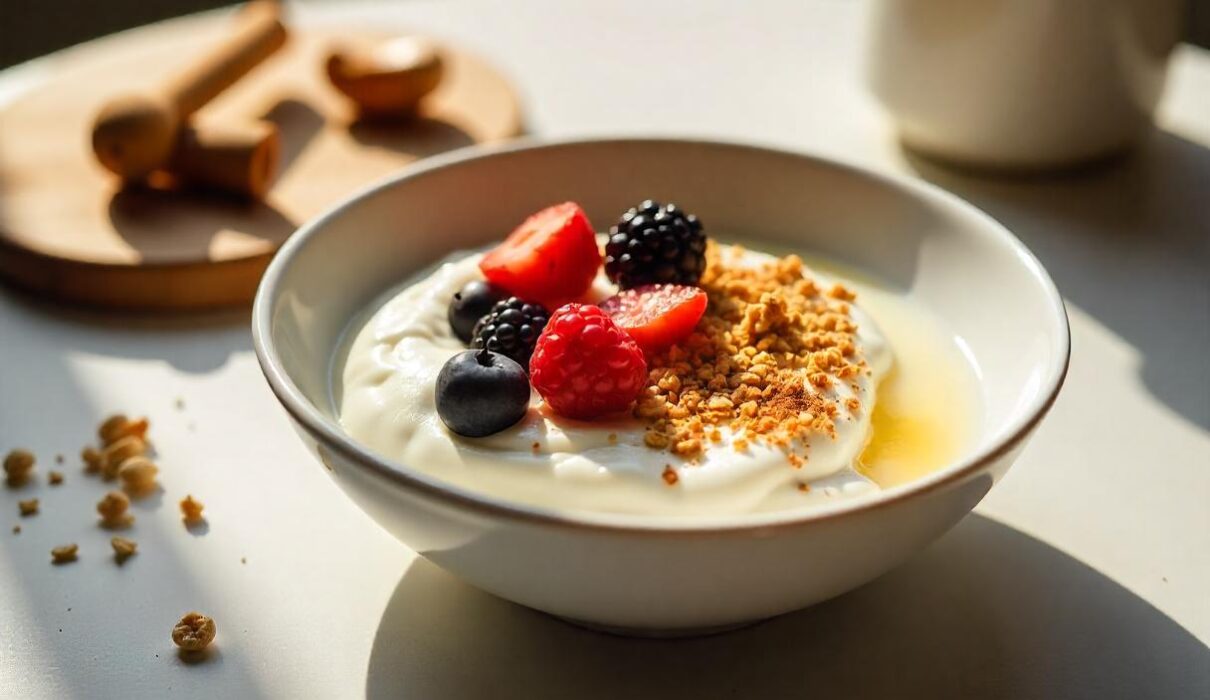Budget-Friendly Nutrition
Clean eating has gained popularity as a dietary approach focused on consuming natural, unprocessed foods. This way of eating aims to nourish the body properly, potentially leading to weight loss and improved health. While the concept sounds appealing, it’s important to consider the long-term sustainability of such a strict diet.
A balanced nutrition approach allows occasional indulgences without derailing overall health goals. Maintaining a primarily clean diet while allowing for some flexibility can lead to a more enjoyable and sustainable lifestyle. This balanced method helps prevent feelings of deprivation and reduces the risk of binge eating, ultimately supporting long-term health and well-being.
Key Takeaways
- Clean eating focuses on natural, unprocessed foods for optimal health
- A balanced approach allows for occasional treats without compromising goals
- Flexibility in diet choices can lead to a more sustainable and enjoyable lifestyle

Four Budget-Friendly Nutrient-Rich Foods
One: The nutrient wonder
Eggs are often hailed as one of nature’s most complete and nutrient-dense foods, offering a wealth of benefits for overall health. They are a rich source of high-quality protein, providing all nine essential amino acids the body cannot produce alone. This makes eggs an excellent choice for supporting muscle repair and maintenance, especially as protein needs increase with age or physical activity. A large egg contains about 6 grams of protein, making it a simple yet effective way to meet your daily dietary requirements.
Beyond protein, eggs contain vital nutrients, including choline, crucial in brain health and memory function. Research shows that adequate choline intake may reduce the risk of cognitive decline as we age. Eggs are also one of the few natural sources of vitamin D, which supports bone health and immune function. Furthermore, their yolks are rich in lutein and zeaxanthin, powerful antioxidants that protect eye health by reducing the risk of macular degeneration and cataracts. Contrary to outdated beliefs about cholesterol, studies indicate that moderate egg consumption has little to no adverse impact on heart health for most people, making them a versatile and beneficial addition to a balanced diet.

Two: Leafy Green Powerhouses
Green vegetables are essential for a balanced diet. They’re packed with:
- Phytonutrients
- Fibre
- Minerals (magnesium, calcium, potassium)
- Folate
- Some protein
These veggies are low in carbohydrates, making them suitable for various diets. Their high fiber and water content promote feelings of fullness. For optimal health, it’s beneficial to include green vegetables in daily meals.

Three: Antioxidant-Rich Gems
Berries are nutritional powerhouses. While fresh berries can be costly in some regions, frozen options offer a budget-friendly alternative. Consider choosing organic when possible. Berries are known for their:
- High antioxidant content
- Delicious taste
- Versatility in recipes
They work well in smoothies or as standalone snacks. Berries may help reduce oxidative stress, particularly beneficial for those managing or preventing metabolic conditions. Regular consumption of these small fruits can contribute to overall health improvement.
Four: Nutritious and Versatile Yogurt
Yogurt is a budget-friendly, clean eating option packed with health benefits. It comes in dairy and non-dairy varieties to suit different dietary needs. Many brands contain probiotics, which support good gut health and digestion.
Yogurt’s versatility makes it a great addition to many meals. Try these tasty combos:
- Mixed with fresh fruit and nuts
- Blended into smoothies
- Added to baked goods like muffins
- Paired with savoury dishes
Enjoy plain yogurt with a drizzle of olive oil and a pinch of salt for a simple snack. Kids often love this creamy treat on its own or with fun toppings.
Whether you choose dairy or plant-based yogurt, it offers an affordable way to boost nutrition in your diet. Its creamy texture and mild flavor make it easy to incorporate into many recipes.
Common Questions About Affordable Clean Eating
Budget-Friendly Foods for Clean Eating
Beans, lentils, brown rice, and eggs are great options. These foods are cheap and fit clean eating rules. Frozen vegetables are also good. They last long and cost less than fresh ones.
Starting Clean Eating Without Spending Too Much
Begin by planning meals ahead of time. This helps avoid waste. Buy whole foods in bulk when possible. Cook at home more often. It’s cheaper than eating out and lets you control ingredients.
Easy, Low-Cost Clean Recipes for Beginners
- Veggie and bean soup
- Brown rice stir-fry with eggs
- Lentil and vegetable curry
- Baked sweet potato with black beans
These meals use cheap, clean ingredients and are simple to make.
Nutritious Foods That Don’t Cost Much
- Oats
- Bananas
- Carrots
- Canned sardines
These foods offer good nutrition at a low price. They’re versatile and fit many diets.
Keeping Up Clean Eating With Limited Funds
Shop sales and use coupons for whole foods. Buy seasonal produce when it’s the cheapest. If possible, grow some herbs or vegetables. This will save you money and ensure fresh, clean food.
Money-Saving Tips for Clean Eating
- Buy in bulk
- Choose store brands
- Use cheaper protein sources like beans
- Cook large batches and freeze leftovers
These strategies help stretch your food budget while eating clean.
Download your low-carb, high-protein dinner recipe book with two bonuses here.
I appreciate your support.
Feel free to visit my website at www.angedim.com/recipes for healthy recipes to help heal your body.
You can also visit my YouTube Channel for more recipes & health advice here: https://bit.ly/4aN7m1p
